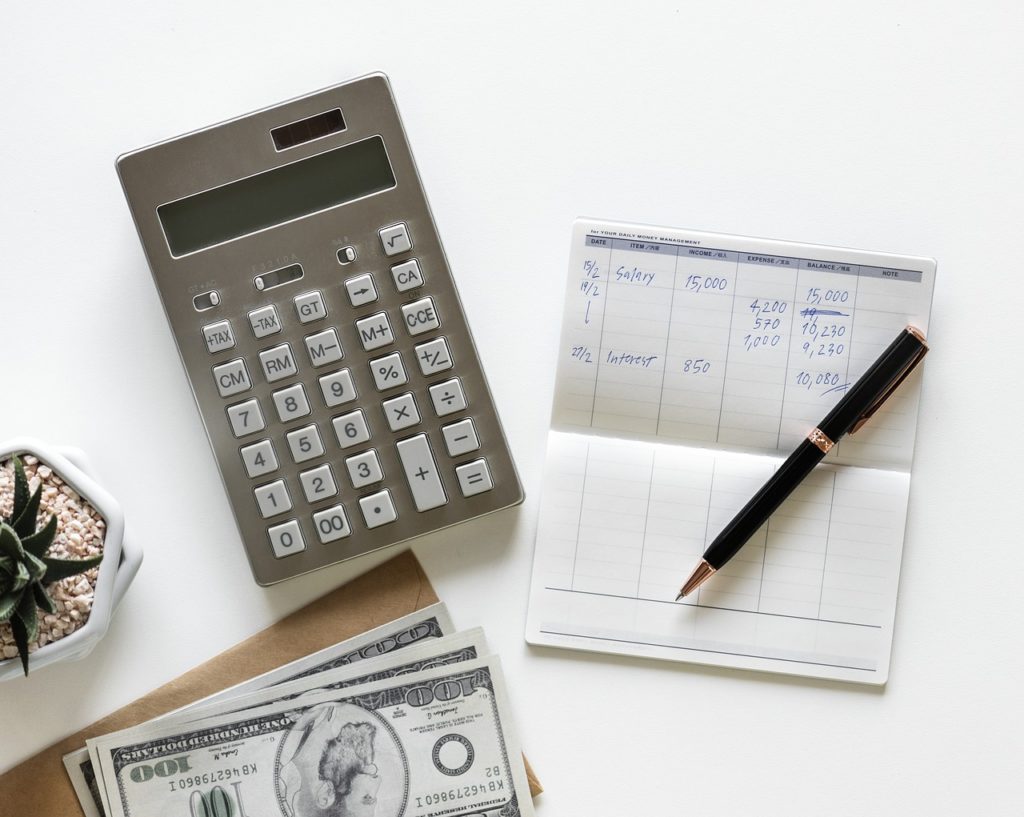With the steadily rising cost of living and the increasingly competitive and saturated job markets that we live in nowadays, avoiding debt no longer seems to be possible. Keeping debt under control is perhaps more manageable and realistic. Unfortunately, as dozens of statistics concerning consumer debt can tell you, most people aren’t equipped with the know-how and skills to actually control their debt. As a result, people are forced to file for bankruptcy or delay their retirement to be able to cope with the financial problems. To help you get your debt under control and eventually pay it off, here are seven methods to follow:
Pay Off Debt With Cash Flow
Any outstanding balances from your credit cards and loans should be paid off with money that’s coming in every payday, not the savings you currently have tucked in for rainy days or for retirement. Using the latter option as a fallback to control debt can tempt you to use your credit cards more often to make impulsive and unwise purchases. This can put you further behind on your financial objectives.
Avoid Late Payments
You don’t have to repay your debt in one lump sum, but always try to pay the minimum amount on time. Late fees are what causes your outstanding balances to spiral out of control. The specific dollar amount you have to pay for late payments varies depending on the credit card provider’s policy. An example would be a first-time late fee of $30 on a $1,000 balance. The fees usually increase relative to the frequency of late payments. Aside from late payments, avoid overdraft fees on your bank accounts. Going below $0 on your Chase checking account can also cost you as much as $30 per day in overdraft fees.
Target the Root Cause
Your lifestyle and spending habits are the root cause of your debt problems. Living within your means is key to keeping debt at bay. Identify areas where your monthly income is being allocated to. While categories make it easier to manage the data, it’s better to identify and list the actual expense and money going into that expense. For instance, $60 may be going into your Internet each month while $300 is going into food and meal prep. Sometimes, the root cause isn’t the number or magnitude of expenses, but the lack of income coming in month after month. If so, try to look for a better paying career or do side gigs to supplement your full-time job.
Avoid Non-Essentials
Paying $5 on tip plus delivery fee to order food every other day might be a small amount if you look at them individually. Collectively, however, it paints a different picture. You could be spending over a hundred dollars each year on food deliveries alone, and that’s just one non-essential expense. Add to that the monthly subscriptions to services you rarely use or the gadgets and gizmos you don’t really need and it can sum up to a hefty amount.
Use Technology
Tools, like Mint and Acorns, are great for budgeting and investing your money. More importantly, however, it’s a good deterrent against debt since it lets you manage all relevant data in one centralized location. There are dozens of other mobile applications out there that can help you reduce debt, such as Unbury Me, Debt Eliminator, and Learn Vest.
Use Professional Services
Companies, like Nationwide Debt Reduction Services, have the resources to renegotiate your loan terms with creditors. They can act on your behalf to reduce your debt payments by as much as half, allowing you to pay off your debt more quickly without any long-term side effects on your personal finances and credit scores. Debt negotiation programs offered by professionals, like Nationwide Debt Reduction Services, are designed to be low-risk for the debtor, with a policy that protects you from incurring any fees before successful settlement of your debt.
Know Which Debt to Pay First
Not all debts are created equal. There are some that come with higher interest rates. It’s obviously wiser to prioritize paying off debts that have higher interest rates, such as credit cards, over all others. Consult with debt experts, like Nationwide Debt Reduction Services, to help you determine which balances will cost you more over time. Aside from interest rates, you can also prioritize paying off credit cards or loans with the lowest balance first.
With the help of experts, such as Nationwide Debt Reduction Services, and the right changes to your spending habits, you can get debt under control and even boost monthly savings. Whatever you do, don’t try to pay off your current balances by borrowing more money. Although it offers a short-term solution, it’s not a sustainable debt management model you’d want to pursue.


